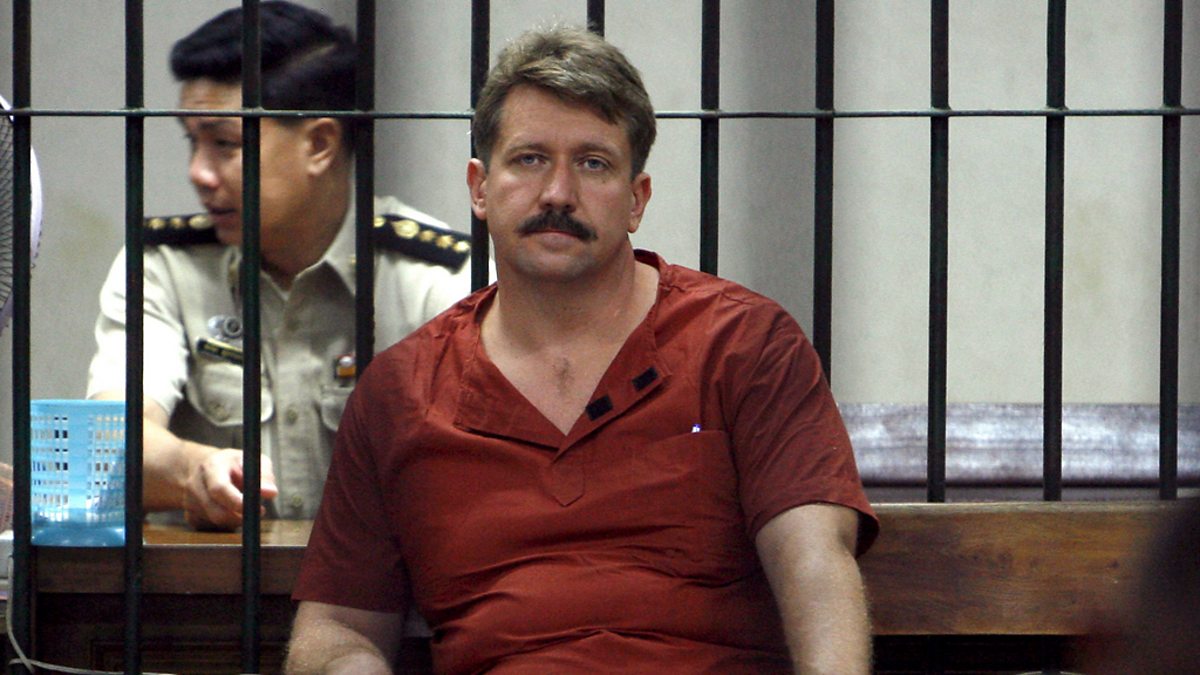It’s now official: Oberlin College & Conservatory is the newest member of HathiTrust! Launched in 2008, HathiTrust has a growing membership comprising more than two hundred libraries and holds the largest set of digitized books managed by the academic, research, and library community. Members have contributed more than 17.4 million volumes to the digital library, digitized from their library collections. More than 6.5 million of the contributed volumes are in the U.S. public domain and freely available online.
Member services include persistent access to HathiTrust’s digital collections. This includes viewing, downloading, and searching public domain volumes, and searching access to copyrighted works. Notably, specialized features are also available for members that facilitate access by persons with print disabilities, and allow users to gather subsets of the digital library into “collections” that can be searched and browsed.
Oberlin students, faculty, and staff can now access member features by clicking on the “LOG IN” button at hathitrust.org, choosing “Oberlin College and Conservatory”, and using their Obie ID to authenticate.
More information about promoting our membership to the Oberlin community will be forthcoming later in the summer. In the meantime, you can learn more about HathiTrust member benefits and view the Member Toolkit.
